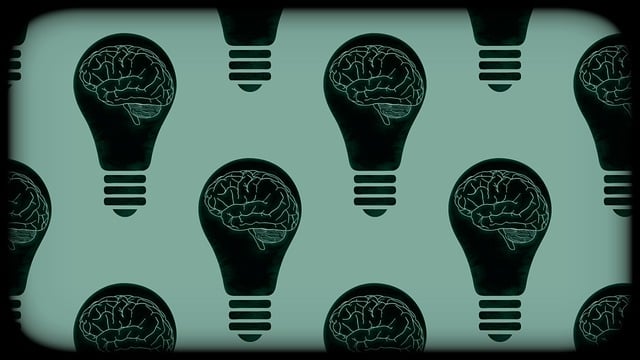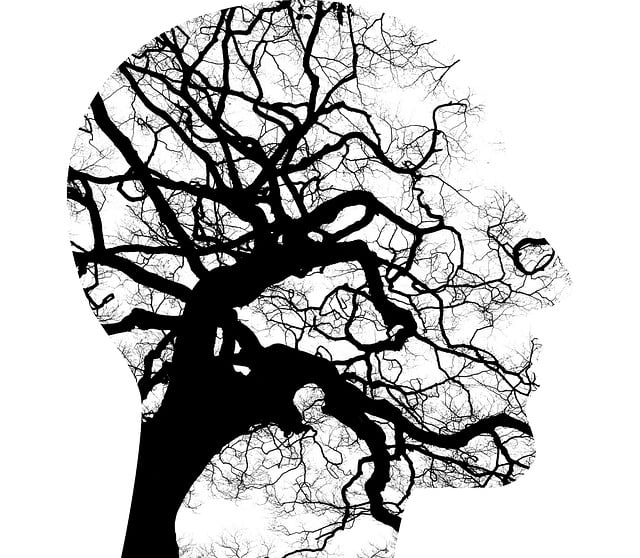Mental health advocacy is a powerful tool for enhancing well-being by raising awareness, challenging stigmas, and expanding access to therapy for adults, including those undergoing bariatric evaluations. Through crisis intervention, stress management workshops, and tailored programs, communities can foster an environment that prioritizes mental health, effectively allocates resources, and encourages individuals to seek necessary care without judgment. By integrating therapy into pre-surgery assessments, healthcare providers can address psychological challenges like disordered eating or low self-esteem, promoting comprehensive care that combines physical and mental aspects of lifestyle improvement. Effective campaigns leverage media platforms, influencers, and community leaders to humanize mental health issues, while targeted initiatives for specific populations, such as those considering bariatric evaluations, encourage open dialogue about therapy accessibility. Overcoming barriers like stigma and cost through advocacy is crucial for ensuring everyone has access to burnout prevention and mental wellness support.
Mental health advocacy plays a pivotal role in shaping public perceptions and improving access to essential services. This article delves into the critical initiatives driving progress, focusing on targeted approaches like bariatric evaluations and tailored awareness campaigns. We explore effective strategies to reach at-risk populations, specifically adults, by addressing barriers that hinder therapy access. By examining these aspects, we aim to illuminate paths towards a more inclusive and supportive mental health landscape.
- The Role of Mental Health Advocacy
- Targeting Specific Populations: Adults and Bariatric Evaluations
- Strategies for Effective Awareness Campaigns
- Overcoming Barriers to Accessing Therapy
The Role of Mental Health Advocacy

Mental health advocacy plays a pivotal role in creating awareness, challenging stigmas, and promoting access to essential services. It acts as a powerful tool to ensure individuals receive the therapy for adults they need, including specialized treatments like bariatric evaluations, which address both mental and physical well-being. Advocacy initiatives drive conversations and shape policies that impact mental health support systems.
These efforts include crisis intervention guidance, stress management workshops within organizations, and burnout prevention programs—all aimed at early identification and intervention. By engaging in advocacy, communities can foster an environment where mental health is prioritized, resources are allocated effectively, and individuals feel empowered to seek help without fear of judgment or discrimination.
Targeting Specific Populations: Adults and Bariatric Evaluations

Mental health advocacy initiatives often focus on reaching specific populations with tailored support. One such area is providing therapy for adults, particularly those who undergo bariatric evaluations. These evaluations, which assess weight-related health issues, offer a unique opportunity to integrate mental health services. Many individuals seeking bariatric surgery struggle with underlying psychological challenges, such as disordered eating patterns or low self-esteem, which can be addressed through specialized therapy.
By incorporating therapy into the pre-surgery process, healthcare providers can support patients in developing effective self-care routines for better mental health. This proactive approach not only enhances their overall well-being but also improves stress management and fosters self-esteem improvement. It ensures that individuals receive comprehensive care, addressing both physical and psychological aspects of their journey towards healthier lifestyles.
Strategies for Effective Awareness Campaigns

Effective mental health awareness campaigns require a multi-faceted approach to resonate with diverse audiences and promote meaningful action. One key strategy is leveraging various media platforms, including Mental Wellness Podcast Series Production, to reach a wide range of individuals. Engaging storytelling and personal narratives can humanize mental health issues and reduce stigma, encouraging listeners to seek crisis intervention guidance or explore their own mental wellness.
Additionally, collaborating with influencers and community leaders who have experienced similar struggles can further enhance campaign impact. Incorporating diverse perspectives ensures that messages are relatable and accessible. For specific target groups like individuals considering bariatric evaluations, tailored campaigns can address unique challenges related to body image and mental health, fostering open dialogue about seeking professional therapy for adults.
Overcoming Barriers to Accessing Therapy

Many individuals face barriers when it comes to accessing therapy, especially for issues related to mental wellness and mood management. One significant obstacle is the stigma surrounding mental health treatment, which can deter folks from seeking professional help. Overcoming this requires raising awareness and fostering open conversations about mental wellness. By normalizing the idea of therapy, as one would for physical health check-ups like bariatric evaluations, we can encourage people to prioritize their mental well-being.
Another challenge lies in the accessibility and affordability of therapeutic services. Cost considerations often prevent individuals from pursuing treatment, especially those from lower socioeconomic backgrounds. Advocacy initiatives play a crucial role in promoting affordable therapy options and advocating for better integration of mental health services within primary healthcare systems. This ensures that everyone, regardless of their background, has access to necessary support for burnout prevention and overall mental wellness.
Mental health advocacy plays a pivotal role in fostering inclusive communities and ensuring access to essential services like therapy for adults, including those undergoing bariatric evaluations. By targeting specific populations with tailored strategies, such as effective awareness campaigns, we can overcome barriers to accessing therapy. Through collaborative efforts and a holistic approach, we can revolutionize mental healthcare, making it accessible and supportive for all.








